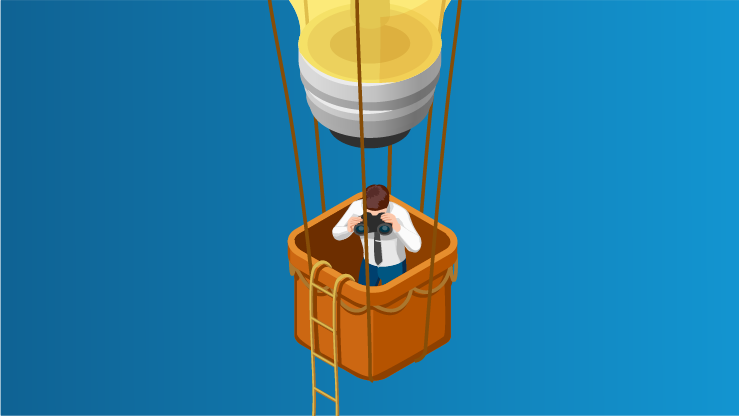A patent is the exclusive right to prevent others from making or selling an invention, and it can be granted for a wide range of different products or processes. They can be great for innovation, providing a competitive edge and enabling pioneers to prevent their competitors from copying their ideas. Used properly, patents fulfil an important role. However, the world of patents is not always that simple.
There are thousands of patent-holders that use their inventions to provide products and services or to help others develop theirs. However, there are also those that simply accumulate patents, sometimes in large numbers, in order to monetize them through licensing or litigation. These companies are known as patent trolls.
How do patent trolls operate?
Also known as NPEs (non-practicing entities), patent trolls make it their business to buy up portfolios of different patents with no intention of using those patents in their own products or services. Instead, they purchase patents in order to force companies to purchase patent licenses, or to sue them for infringing on those patents.
Often, patent trolls will contact companies to advise them of their patent, before recommending that they buy a license to continue using the patented idea in their goods or services. If they don’t, the patent troll will bring a claim. To tip the scales in their favor, trolls will often bring patent disputes in jurisdictions that are more plaintiff-friendly. In many cases, companies find that it’s cheaper to take a license from the patent troll rather than defend a claim.
Who is under threat?
Writing for Entrepreneur, Mimecast Chief Scientist Nathaniel Borenstein explains, “More than 50% of businesses targeted by patent trolls make less than $10 million in revenue per year and 75% of the companies sued by trolls are privately held. And for good reason: To trolls, the whole point is to impose a costly and scary lawsuit, so that startups with limited resources to protect and defend themselves are more likely to settle than fight.”
Tech companies make up a huge proportion of the businesses targeted by patent trolls. In 2018, over 90% of NPE district court litigation targeted high-tech companies. Conversely, only 15% of non-NPE IP litigation was faced by high-tech organizations. Patent trolls are prolific in the US - last year NPEs started 55% of litigation cases in the US.
However, it’s not just tech companies that are at risk. And not every dispute makes its way to court. In fact, small to medium-sized enterprises are often unable to afford to defend themselves in court, so the power invariably lies with the patent troll. Rather than face a costly dispute, or be forced to cease and desist entirely, paying a license fee can be a more cost-effective solution even if the company does not believe it is infringing. While licensing fees can be quite expensive, the expense may well be dwarfed by the costs of going to court.
How do you fight patent trolls?
As patents don’t need to be used to be held – meaning, you can hold a patent for something even if you never actually use it - it’s easy for companies to begin accumulating different patents even if they don’t do anything with them. And, of course, companies who own patents are well within their rights to enforce them against others, whether they’re a patent troll or a regular business.
If a company receives communication from an patent troll, or from anyone in relation to IP licensing or infringement, it’s important to start with advice from an experienced lawyer, ideally one with experience in intellectual property. In some cases, the right legal response can deter the troll. If not, the business will need to decide whether to pay the license fee or pursue a defense. In some cases, a business can challenge the validity of the patent in question.
How can clients be protected from patent trolls?
There’s no one-size-fits-all response for dealing with patent disputes, and the best strategy will depend on the situation at hand. Intellectual property insurance can help by protecting the business from the costs associated with an infringement allegation from a patent troll, including both licensing fees or defense fees.
CFC’s intellectual property insurance policies cover patent troll and competitor claims as standard. Business can also join patent networks, which provide access to patents, resources and information. Find out more about IP insurance in CFC’s latest guide.
CFC has one of the largest dedicated intellectual property insurance underwriting teams in London. Our team of expert IP underwriters are backed by a panel of specialist claims adjusters. Get in touch to learn more about intellectual property insurance policies from CFC.



